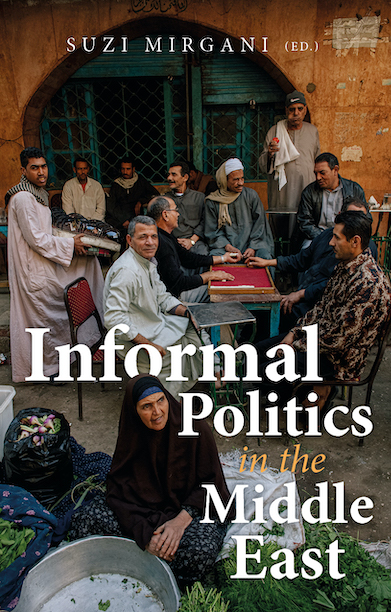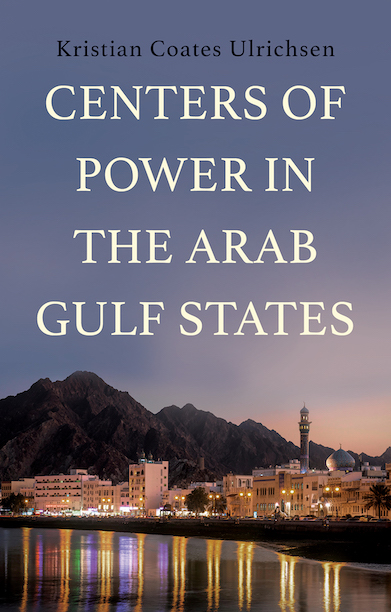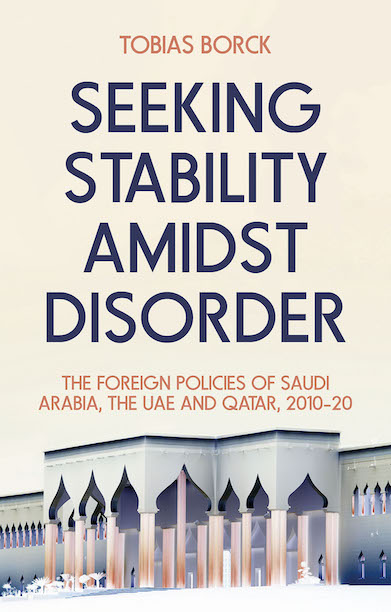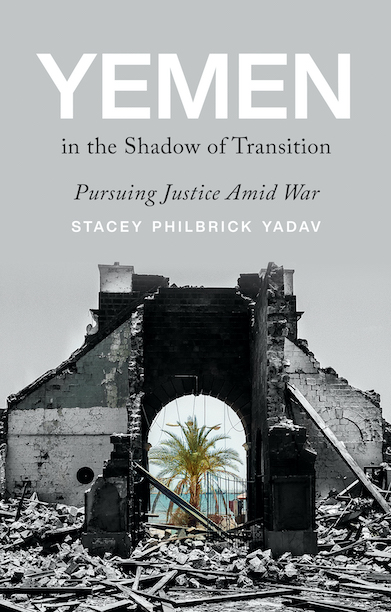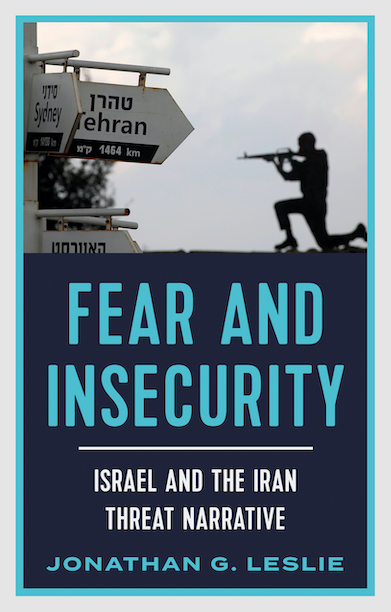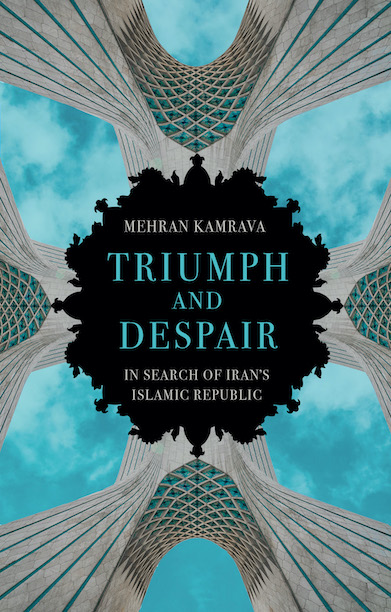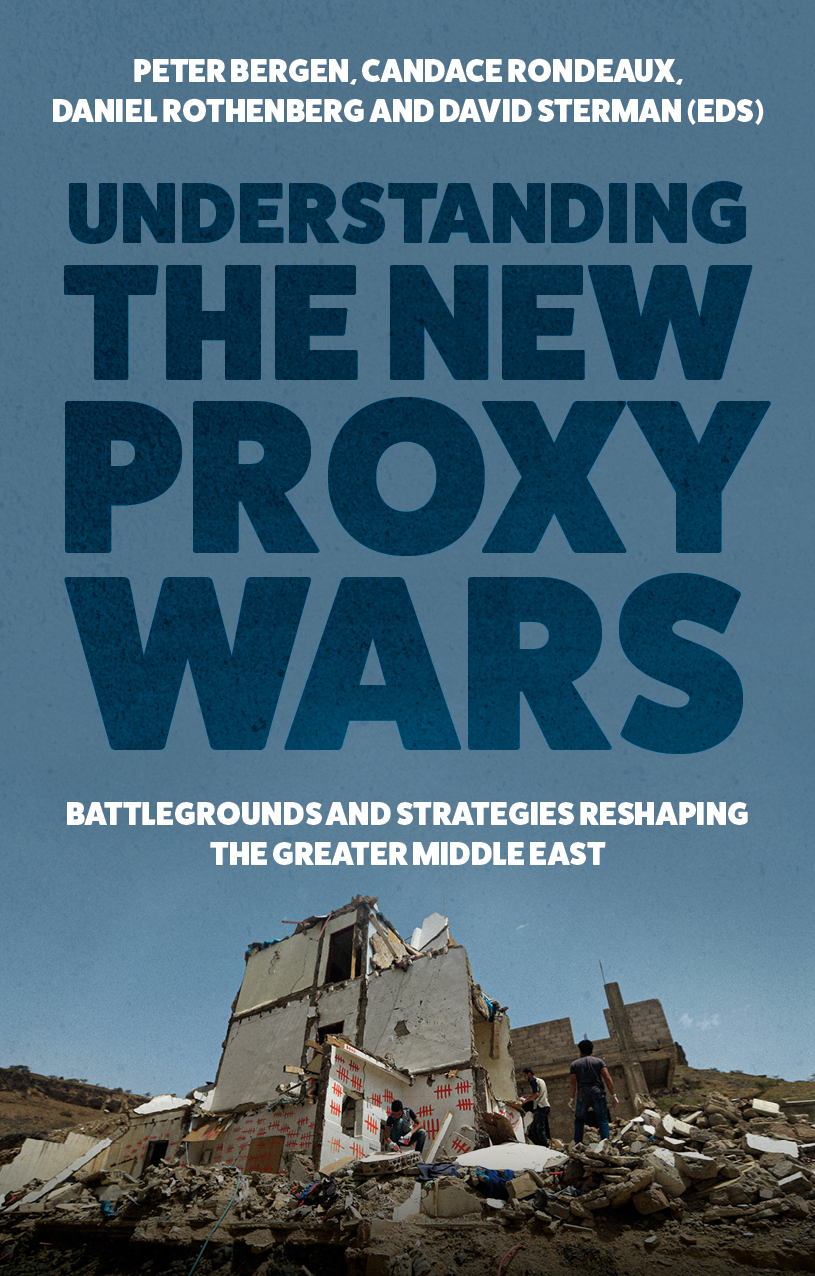Informal Politics in the Middle East
Part of the Georgetown University, Center for International and Regional Studies, School of Foreign Service in Qatar seriesScholars investigate informal political activity in the Middle East, analysing how groups organise, their relationships with the state, and the results of their mobilisation
Description
The culture of politics within any system of governance is influenced by how state and society interact, and how these relationships are mediated by existing political institutions, whether formal or informal. The chapters in this volume highlight two broad types of informal political engagement in the Middle East: civil action that works in tandem with the state apparatus, and civil action that poses a challenge to the state. In both cases, these activities can and do achieve tangible results for particular groups of people, as well as for the state.
For many, informal politics and civil mobilisation are not a choice, but a necessity to secure—collectively—some kind of social security, through communal reciprocity and everyday activism. Ironically, Middle Eastern authorities often turn a blind eye to informal organising, because ‘self-help’ schemes allow certain social groups to survive—reducing their instinct to make demands of, or seek support from, the state. People are discouraged from political action and dissent; yet they are simultaneously encouraged to seek their own betterment, often leading to politicised groups and associations. By analysing these formations, the contributors shed light on informal politics in the region.
Reviews
‘Clearly written and accessible, this book is a significant contribution to an important debate.’ — Asian Affairs
‘This book fills a large gap in the study of the Middle East by offering a critical analysis of the interaction of formal and informal politics. Interesting, timely and important, it is necessary reading for those wanting to understand contemporary politics.’ — Simon Mabon, Professor of International Politics, Lancaster University, and author of Houses Built on Sand: Violence, Sectarianism and Revolution in the Middle East
‘This is an excellent volume of essays with a great deal of depth and balance. It provides a welcome reminder of the nuance and complexity of, and the lack of a simple “binary” between, formal and informal politics.’ — Kristian Coates Ulrichsen, Fellow for the Middle East, Rice University
‘This illuminating book examines those hazy quarters of the Middle East where ordinary people challenge their distorted states, and seek more equitable societies. Current political, economic, demographic, and environmental trends guarantee that informal politics will continue rattling the region. An indispensable book.’ — Rami Khouri, American University of Beirut
‘The very idea of “nation-state” was a monkey wrench that European colonialism threw into colonized countries around the globe. This excellent volume skilfully teases out the dynamics of formal and informal politics. A brilliant collection of insights.’ — Hamid Dabashi, Hagop Kevorkian Professor of Iranian Studies and Comparative Literature, Columbia University
Editor(s)
Suzi Mirgani is Assistant Director for Publications at the Center for International and Regional Studies (CIRS), Georgetown University in Qatar. She is the author of Target Markets, the editor of Art and Cultural Production in the Gulf Cooperation Council, and an independent filmmaker, telling stories from the Arab world.
